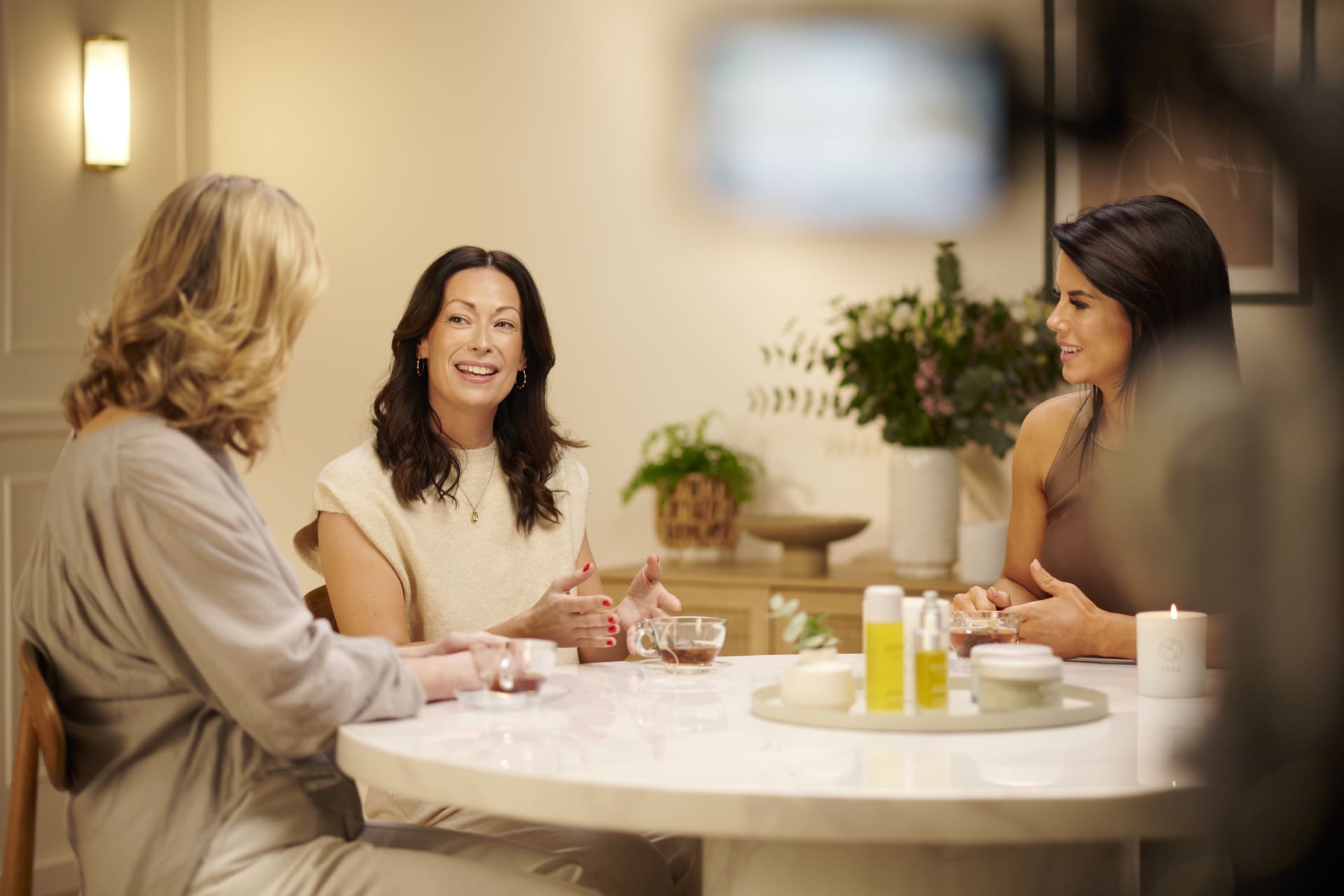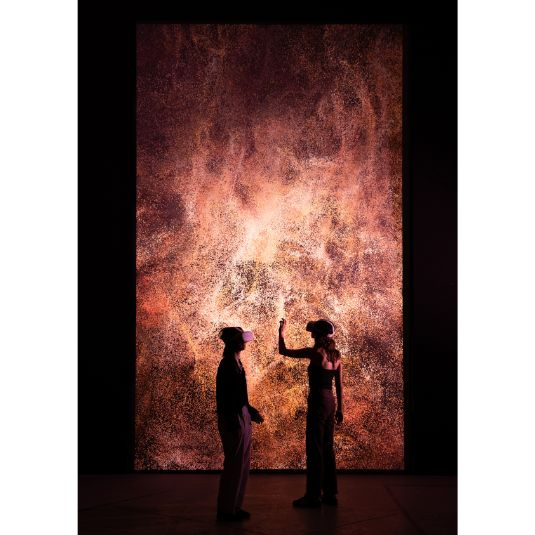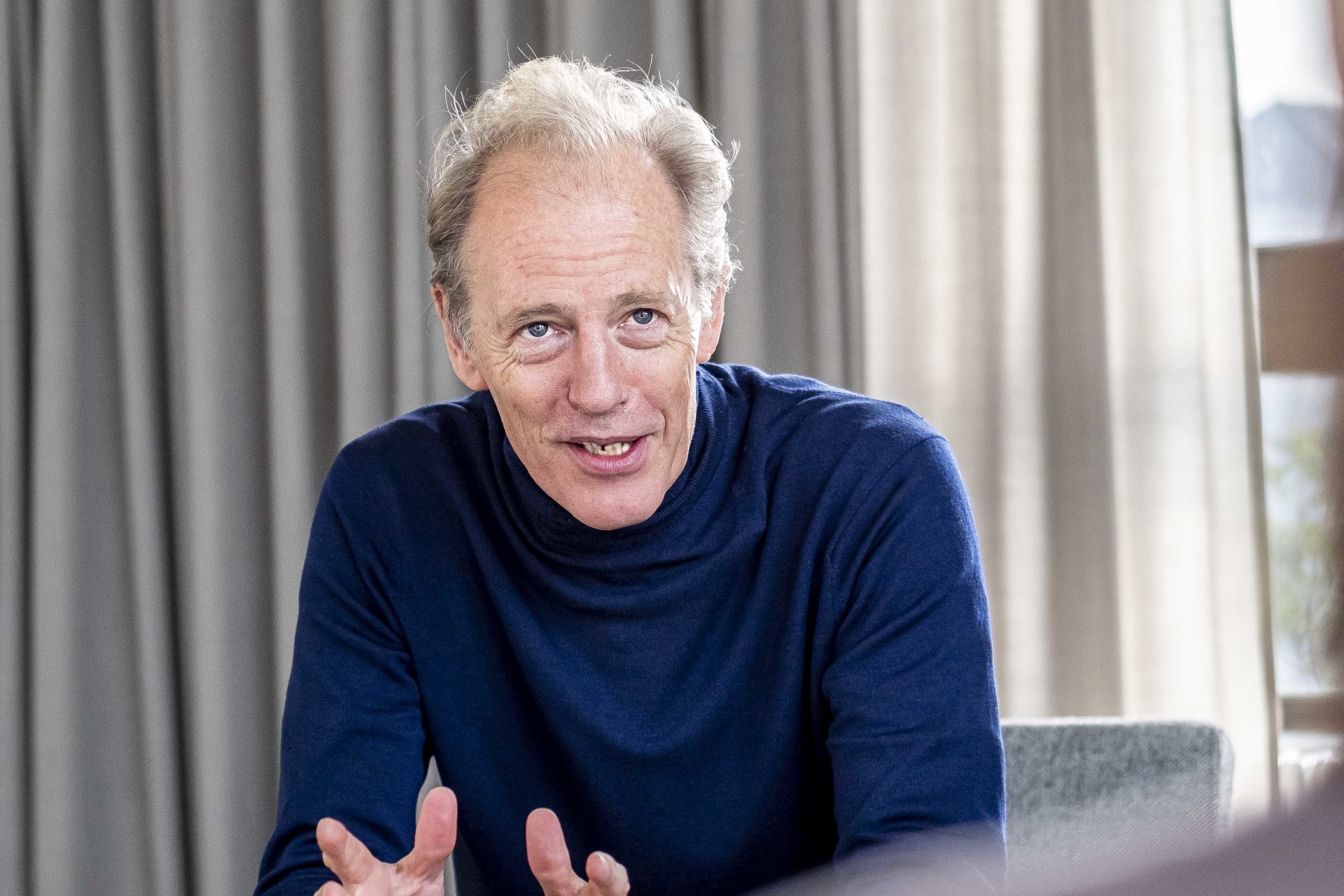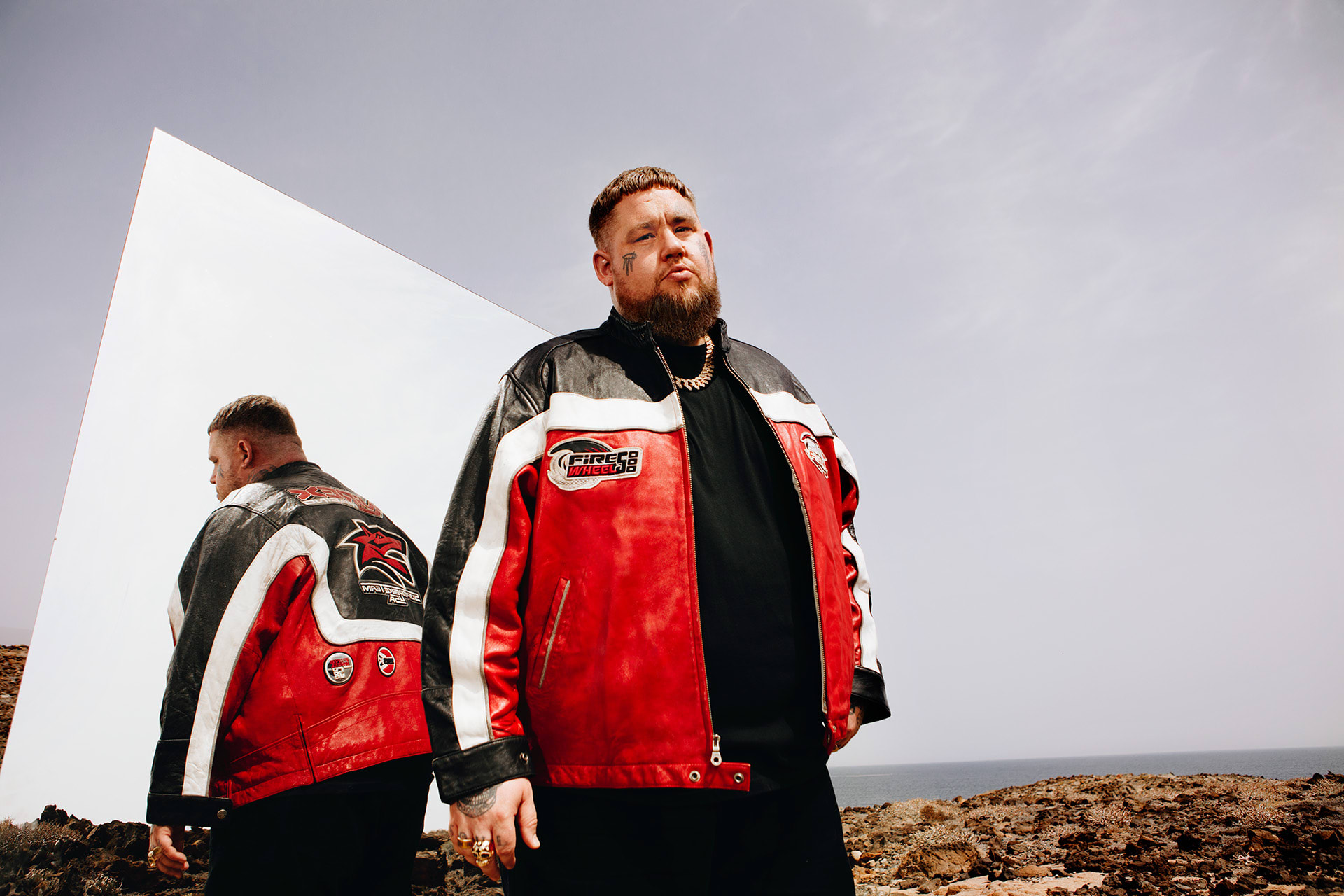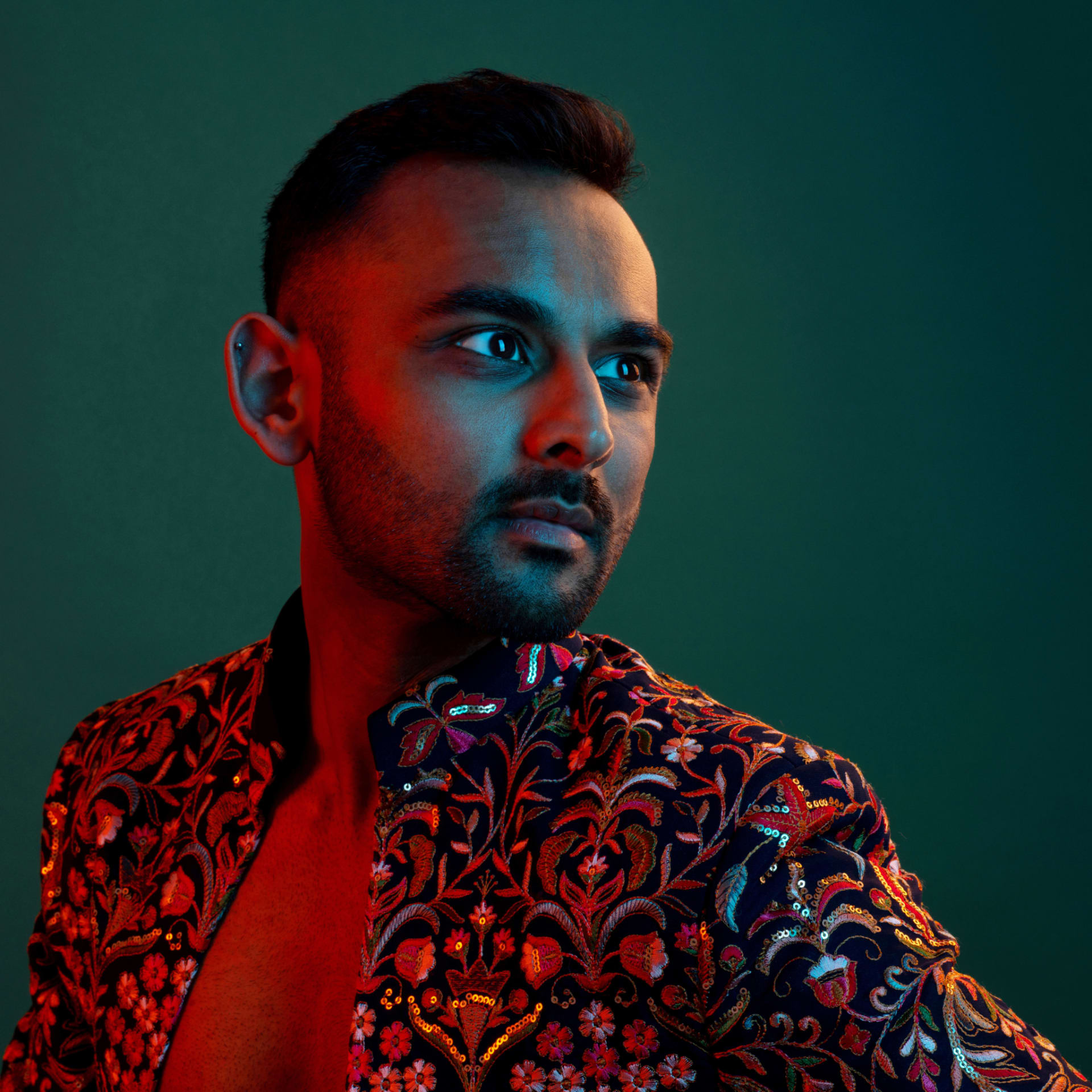Emma Neville is a fully trained counsellor, a dedicated philanthropist and now an accredited menopause coach and founder of the online platform, This Is Me, ‘a space for women to find community as we navigate life’s challenges together’. She’s also wife of the always-political and entrepreneurial footballer-turned-broadcaster Gary Neville. While it’s easy to assume a certain stereotype at this point, it is also lazy and reductive.
Emma Neville has followed her own trajectory, largely out of the glare of the media spotlight. She always knew she wanted to be a person-centred counsellor and did five years of voluntary work at the Bury Cancer Centre as she was training. Find This is Me on Instagram [@emmanevillethisisme] and you’ll see post after post of her out and about, often on the streets of Manchester and surrounding areas, interviewing women about their experiences of menopause along with Emma’s own personal reflections and tips as she shares the knowledge she has gained. The platform is filled with warmth, good humour, kindness and continual reassurance – and her followers clearly recognise that here they have found a genuinely supportive space.
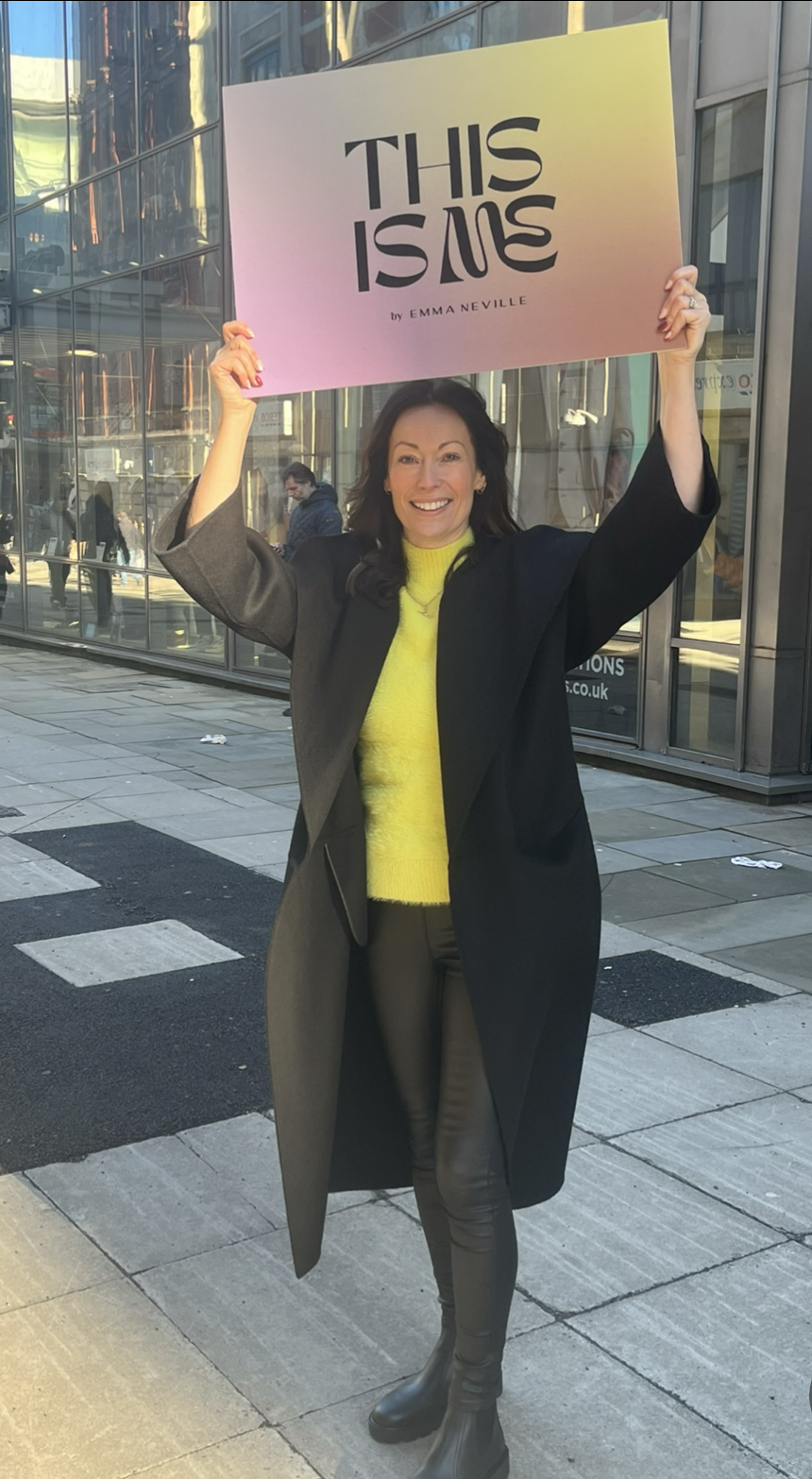
“I launched This is Me on Menopause Awareness Day (18 October) last year. I've always been a really private person, but it was important and a bit overwhelming, if I'm honest. I know someone's always going to judge me and I was worried people would think this is about raising my profile. Then I thought, well, I'll find my right tribe, and people will connect with me. It’s beautiful seeing the community connect with each other sharing comments; ‘Have you tried this? Have you done that?’. From there, I've started going into workplaces and talking about menopause within local community groups. It is so, so important, and I feel as women, although noise is being made, it's still not something we all want to share. I understand it's very personal.”
Can I ask, what was your experience?
Back in 2019, I was studying to become a person-centred counsellor, and I was experiencing brain fog, struggling to focus and get into the flow of finishing the course. And then lockdown came, and I felt like my world had crashed down. I thought these symptoms were just down to stress, but it was just not me. I'm somebody who likes a challenge. And I was very emotional, I was crying at anything.
I'm an eight-hour girl and there was the insomnia along with everything else; lockdown, two kids, homeschooling, I just thought, I can't cope. There are a lot of symptoms which I was not aware of – I think we relate menopause to hot flushes and mood changes. But I had some of the more strange ones: heart palpitations – a flutter that comes on and you wonder, has that just happened? And then it would pass but it was really quite frightening and those would come in the middle of the night. I had really restless legs in bed and issues with my oral health – which is huge within this, I had this horrible metallic taste in my mouth. I had dry eyes, which were really sore. Another really crazy one was this thing called formication; it was like something was crawling on my skin, like little insects. I hated that. It made me feel awful. I thought, I needed to speak to my doctor, but the blood tests came back normal.
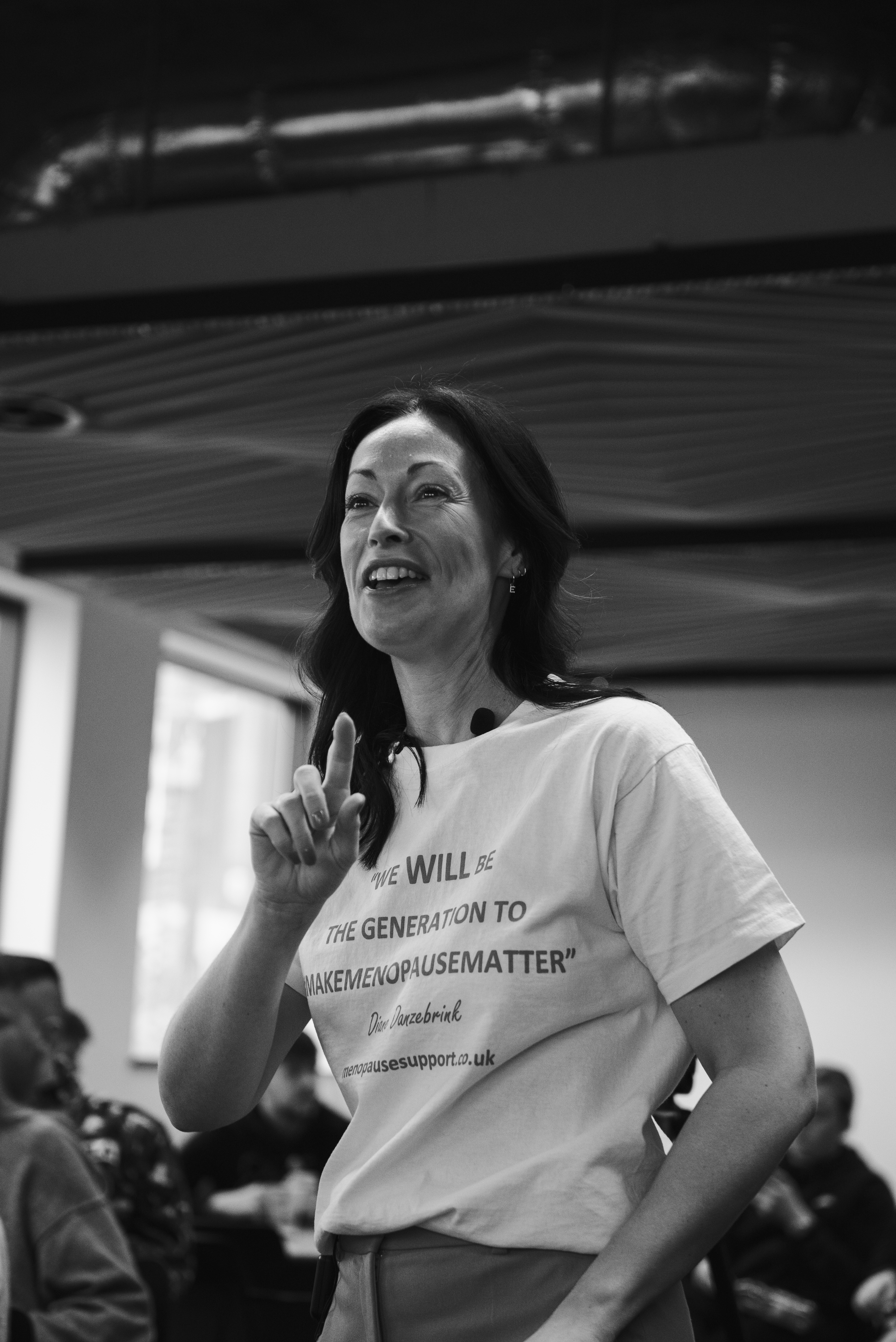
I was on a waiting list for some gynae issues going on and when I went for a hysteroscopy the sonographer said, do you know you've got no eggs? And I thought, what the hell does that mean? That was the D-Day for me. It was like, what? I remember being in that room with a gynaecologist…I cried, and said, why me? And he said, I've had a 21-year-old in this room, so I thought, put your big girl knickers on and get over yourself. I felt so grateful that I've got two girls I've been able to conceive; there are so many women that struggle.
It must have been such a shock. What was the next step?
When I got this diagnosis I had been looking forward to being 40 and being in my prime, excited to be qualifying as a counsellor, and the next phase of life. People said to me, you can't be through menopause at 40, and I felt like there was denial from every angle, which was quite daunting.
The average age of menopause for a UK woman is 51 but it is not one size fits all and I appreciate everybody has got a different tale to tell. I decided to educate myself and came across a menopause coaching certificate online [Adele Johnston, the Menopause Coach] because we were still in lockdown. The course was nearly five months, and it wasn't just a showup and pass course, it was pretty intense. Within that space, I found my tribe of women. I loved Thursday evenings: talking about what we'd learned, going through the answers to the questions and when we’d done the lesson we'd have a chat – it was just incredible.
There has been a huge amount of profile-raising in recent years but there is still clearly a lot to learn about our bodies.
As women, we need to take some responsibility and understand our anatomy and what's going on within us. There's a lot of people that have had premature ovarian insufficiency, or are going through surgical menopause, you know, through cancers and different things; hysterectomies can bring you into menopause: we put our doctors up there on pedestals and think they've got all the answers, but we should know the answers within ourselves.
I know school age might seem too young but if we've got that knowledge, we might be more aware, even in our late 30s, of period changes and anything that feels different. If I’m talking about menopause, I say get in tune now. Get yourself strong, be aware your body clock is slowing down. Get yourself ready, and then you won't be shocked or feel like you’re losing your marbles – I had to write lists to just get in the car and drive my girls to netball. It was horrendous.
I hear a lot in workplace talks, from women saying they don't want to tell their bosses because although they know they're able and capable, they're frightened of somebody else who's not at that phase yet taking their job. So they crack on and put up and then end up leaving without telling the truth because they just think, I can't admit to that. So, it’s on many different levels. It's not just physical, it's mental. There’s a great episode of Diary of a CEO [Steven Bartlett’s podcast] where he’s talking Dr Lisa Musconi about her research on this. It was fascinating. Please, listen to it, it’s amazing.
Emma, your personal life is quite hard to research online.
Oh, good.
I did manage to uncover that you had previously studied holistic therapy.
Yes, before I got married, I'd done certificates in reflexology, body massage and Indian Head Massage. I loved learning. I still do now – if I'm not doing a course I feel itchy. I need to do something.
You met and married a Premier League footballer. You could easily have gone another route in life. Why didn’t you?
I think it's a good question. I think because I'm married to a very grounded person, and I'm very grounded. If you gave me TK Maxx or Selfridges, I'm TK Maxx. I met Gary as he was coming to the end of his [playing] career, so when the girls came along – this might sound a bit weird – they didn't experience dad as a footballer, He finished his days of football and set himself up into business – he's always had a business brain. He loves buildings and architecture, and that's where his path went. He built his first house at 21 and he's always been on that kind of journey. It goes back to that: being grounded, remembering your roots, where you come from, no hierarchy.
You weren’t attracted to the ‘WAG’ life?
I think there are a lot of people who like to stereotype and when the word wag (wives and girlfriends) came along, I was part of that England football team, I was there at the World Cup [in 2006], but I just stayed out of it. I hated the label; you go out shopping every day and you've got no brain. I’d just think, no, I'm Emma, not a ‘wag’. I knew in my 20s that I wanted to be a counsellor, but I wanted to be a dedicated mum and get the girls to that stage where they were a little bit more independent. Now I'm so glad I did it in my 30s because I've had so much more life experience to share with people.
I’ve got a husband who's in the public eye but we're completely different characters and that yin-yang supports a marriage. If I was like him the world would be a crazy place because he’s 1,000 miles an hour. But I want my girls to know that I'm doing things and to be proud of me as well. You know, as much as dad had this bright, colourful career, you want your children to look at you also and think, you might be menopause mad, but Menopause Mad Mum? I'll take that title.
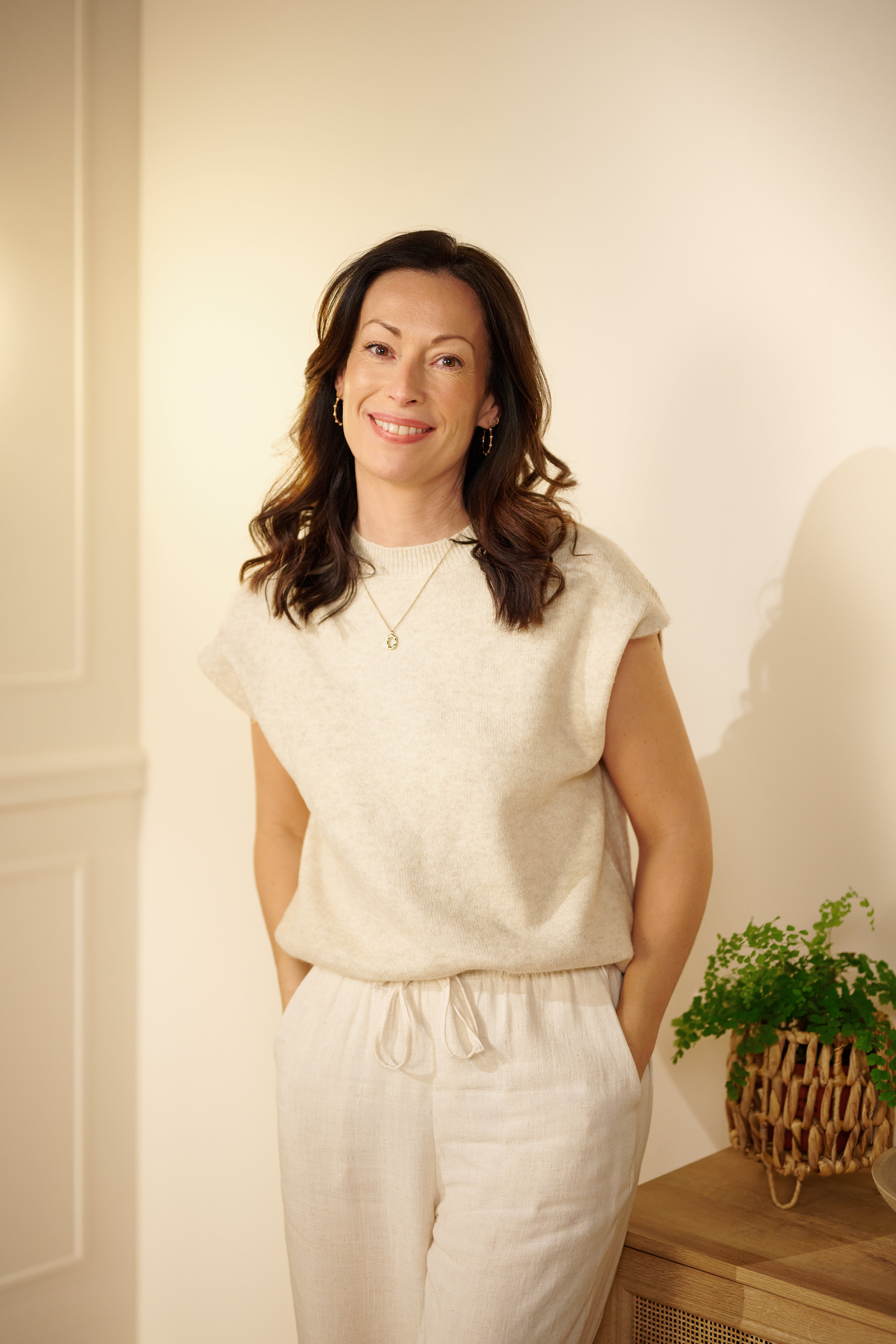
Brilliant, and where do you want to take it all? What's next?
I suppose the big vision is to grow it organically. This is Me is a platform I'm using to raise awareness, and I just want to see where it ends up. I have got things planned in, what I want to do and want to achieve, but I want to be in the moment and take every day as another learning.
I would love to have a hub, some sort of physical space. I love the platform, but I feel like there's still a barrier with a screen. I want to be in the room with people; come and have a cup of tea and let's chat.
Find Emma and her community on Instagram @emmanevillethisisme.
